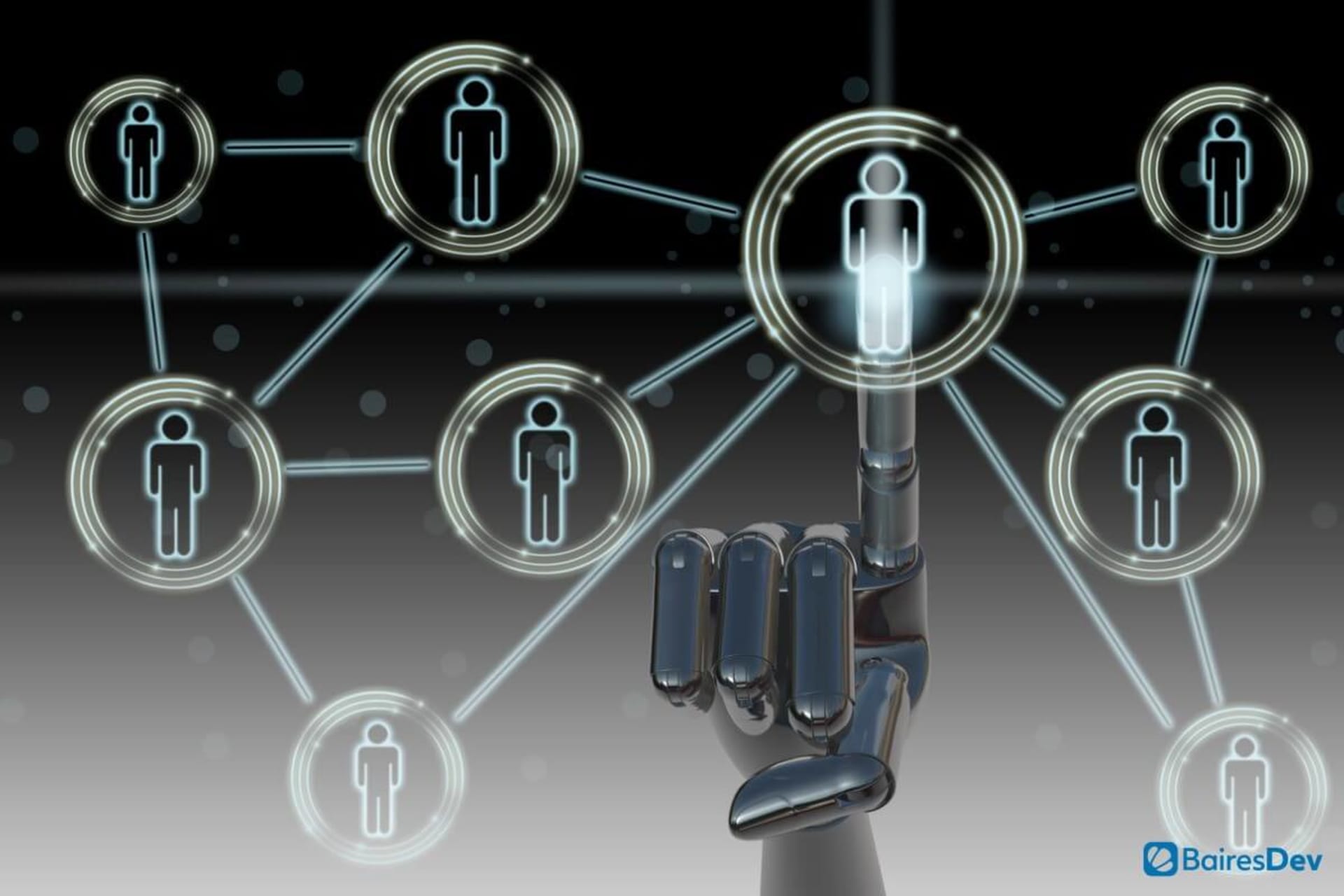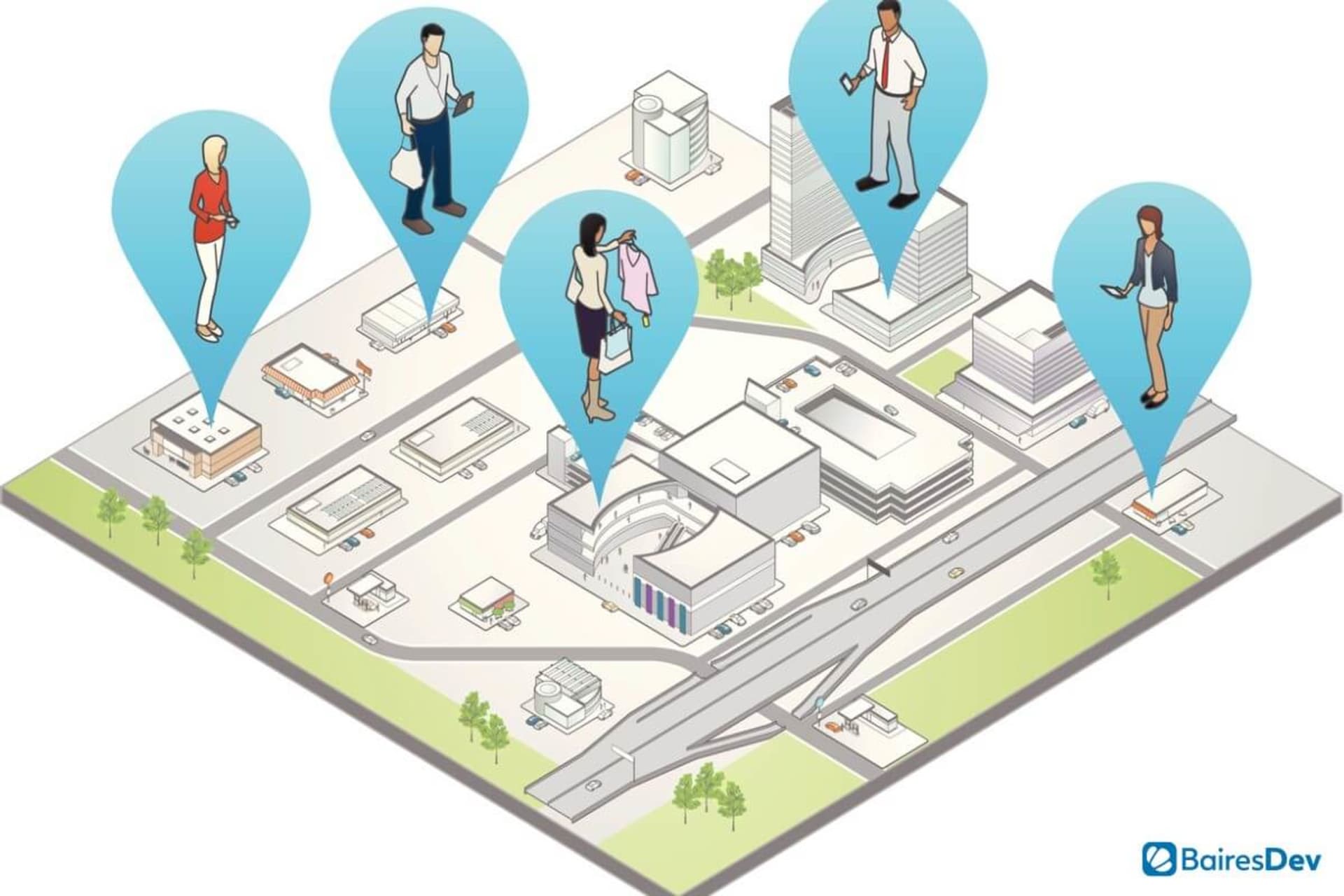This is part 3 of our New Talent Challenges Series. In it, we examine the new issues companies have to face when hiring talent, especially in the context of pandemic-related consequences that are still disrupting every industry.
Finding the right talent for open positions is a major challenge for virtually every company out there. That’s due to a lot of reasons: Candidates aren’t qualified, there’s limited talent availability, applicants lack essential soft skills, or they aren’t a fit for a company’s culture.
As if the process of searching for the right candidate wasn’t hard enough, there’s also a not-so-minor problem involving professionals who go through the entire interview process but decline the offer when you make it. And, on top of that, there’s the added issue of professionals who feel perfect for the role and accept the offer only to quit a short time after you onboard them.
That’s especially harsh because rejected offers and early resignations can completely derail your talent management planning and even affect your revenue. What’s worse, it seems like it’s an HR occupational hazard that is mostly unavoidable. In other words, you make offers that get rejected and people leave shortly after you hire them because they don’t feel comfortable.
While that’s a reality you’ll have to face at some point or another, you should aim to reduce the times it happens to a minimum. Fortunately, you can rely on Artificial Intelligence (AI) to help you out.
The Problem with Traditional Selection
Traditionally, job searches go like this: Your HR department puts out a job offer, receives applications, interviews candidates, and decides which one is the most qualified among them. Recruiters often make that final decision based on their own assessment of what the role entails and what the candidate can offer. Thus, they analyze the candidates’ experience, expertise, and overall fit with the company.
The thing is, that analysis is mostly subjective. While recruiters typically get help from experts in different fields to analyze a candidate’s role-specific skills, they end up making the decision based on a lot of factors, some of which might include personal biases. This can lead to your company hiring someone who isn’t precisely the best match for your needs. That, in turn, can lead to the candidate rejecting the offer or starting work only to leave after a short while.
It’s not like recruiters don’t know about that. In fact, they assess the risks associated with hiring a specific candidate, including their likelihood of rejection, resignation, and job-hopping. But that assessment is subjective as well, and it’s mostly rooted in the recruiter’s experience, which can be informed by their own personal analysis or by poor use of data.
That subjectivity can certainly impact the hiring decision and reduce the reliability of the entire process. On one hand, those subjective assessments are inaccurate more often than not (especially if recruiters don’t have seniority). On the other hand, many of those assessments ignore past data, which can provide in-depth insights about the process while uncovering improvement opportunities.
It goes without saying that talent management can’t be successful with such a problem lurking around your hiring process. Fortunately, you can solve it with AI.
How AI Can Help
Using AI can boost your recruitment efforts by informing recruiters during their assessments. The idea is fairly simple: Using machine learning models, you can use past hiring data to analyze multiple factors that amount to a total score, indicating how reliable a recruiter’s assessment actually is.
Such models should aim to be predictive, as they can uncover hidden patterns and behaviors that indicate whether a particular candidate is perfect for the role or not. Naturally, this isn’t the only way in which AI can help recruiters during selection and beyond. Some of the applications AI has for human resources management include:
- Quickly assessing and filtering a large number of résumés based on specified criteria
- Making suggestions on matching talent with your specific needs
- Interpreting data of past hiring cycles to uncover improvement opportunities
- Offering insights on how to improve the onboarding process
While all of that might seem too good to be true, it’s actually what AI can offer your company right now. Indeed, at BairesDev, we employ a proprietary AI-powered approach to swiftly assemble top-tier engineering teams. This process is tailored to meet highly specific criteria, which may include expertise, past performance, and client preferences. With an influx of over 1 million applications each year, we are well-equipped to find the best fits.
With it, we can build a delivery team in a matter of days, as it allows us to quickly search our massive pool of tech talent to find the perfect match for each of our clients’ projects. Naturally, we also use it to power our own job searches.
Our model is the perfect example of what AI can do for recruitment. It leverages large datasets and approaches them intelligently to swiftly offer valuable insights. Of course, our recruitment managers end up making the hiring decisions, but they do so based on the information they get from the AI solution. That way, we mitigate risks to a minimum and increase our chances of successful hiring.
Developing such a solution wasn’t easy, mind you. It took a long time to build the algorithm and then train it to offer the outcomes we expected. But given how our AI hiring model has boosted our hiring and team-building efforts, I’d say it was worth it. The reason I’m saying this, though, is that you should keep in mind that integrating AI into your recruitment process won’t be a walk in the park. That’s because you’ll have to overcome several challenges to achieve the best results.
The Challenges of Using AI for Recruitment
As transformational as they may be, AI solutions for recruitment will only provide good outcomes as long as you address the potential risks surrounding their implementation. The most notable ones include:
- You need a highly trained AI solution. Without the proper training, the algorithm will offer mistaken suggestions and biased insights that may end up hurting your business rather than helping it.
- You have to clean the data and validate the model. The best training for these models uses a lot of data from many sources. But that brings an additional issue: You have to clean and organize the data to make it work, which can be a time-consuming process.
- Your process has to be vetted. One of the reasons why you might be offering jobs to the wrong candidates might be rooted in your recruitment process. Perhaps you aren’t considering the right factors or are weighing them poorly. You need to take a deep look into your process and make the necessary changes for the AI solution to truly shine.
- Your team will need training. Believe it or not, many HR departments are reluctant to adopt new technologies, even when these solutions can make their work easier. That’s why you need to prepare the team for the AI solution, explaining why you’re adopting it, what they can expect, and how they need to use it to maximize their results.
As you can see, an AI solution can boost your hiring efforts following a predictive model. However, you need to tackle these challenges to get appropriate results. That means you’ll have to put in the work to implement and refine the algorithms while also preparing the team to use them. It can be a tough endeavor but it’s a step in the right direction, as AI solutions can leverage your internal knowledge and enhance your recruitment process. All in all, artificial intelligence can lead to laser-precision hiring that reduces the risks of rejection and resignation.
If you enjoyed this, be sure to check out our other AI articles.






